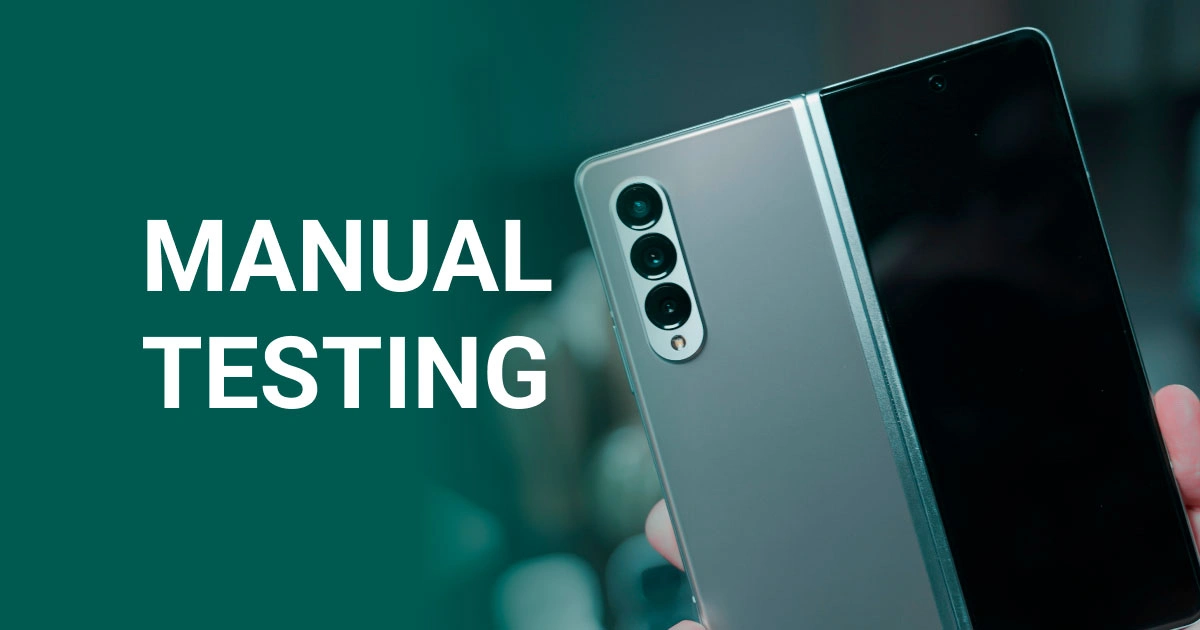The used cell phone market has seen remarkable growth in recent years. Consumers around the globe are increasingly opting for refurbished or pre-owned devices due to their affordability, sustainability, and reliability. According to IMARC Group, the global refurbished and used mobile phones market reached a value of $69 billion in 2024 and is expected to grow to $131 billion by 2033, with a compound annual growth rate (CAGR) of 7.3%
While this presents a massive opportunity for entrepreneurs, stepping into the industry without a clear strategy can lead to common small business mistakes that jeopardize growth and customer satisfaction. Whether you are just entering the market or already managing a mobile business, it’s vital to avoid these pitfalls to remain competitive and profitable.
In this article, we’ll explore 10 frequently made mistakes by used phone resellers and offer practical guidance on how to sidestep them, ensuring a solid foundation for success.
1. Neglecting Comprehensive Diagnostics
One of the most critical business mistakes in the used phone industry is skipping device diagnostics or using only manual testing methods. Smartphones today contain a wide range of intricate hardware and software components—batteries, microphones, sensors, cameras, gyroscopes, and more. Any of these can fail, and many issues are not visible at first glance.
Relying solely on visual inspections can result in undetected flaws, leading to unhappy customers, costly returns, and a damaged reputation. In fact, research shows that up to 10% of smartphones are returned due to undiagnosed or hidden defects (ScienceDirect).
Solution: Invest in a robust diagnostic process that includes both automated and manual testing. Document the results to maintain transparency with customers and reduce returns. A proper testing framework helps build trust, ensures consistency, and streamlines operations.
Many professional resellers rely on NSYS Diagnostics to automate up to 100+ hardware and software checks, minimizing human error and saving hours on device testing.
2. Overlooking IMEI and Blacklist Checks
Another common error in the used cell phone business is buying devices without verifying their IMEI status, carrier lock, or iCloud lock. Devices that are blacklisted due to theft, unpaid balances, or fraud cannot be legally resold in many countries.
Selling such phones, even unknowingly, can expose your company to legal risks and damage your brand’s reputation. Moreover, dealing with returns and refunds related to blocked devices can eat into your profit margins.
Solution: Always conduct thorough IMEI checks through trusted databases and ensure each device is unlocked and not tied to previous accounts. This practice not only safeguards your business legally but also boosts buyer confidence.
3. Using Inconsistent Grading Standards

Grading devices subjectively is a widespread mistake in the used mobile business. Terms like "Grade A" or "Like New" can mean different things to different people. Without clearly defined criteria, your team might assess similar devices differently, leading to customer confusion, complaints, and returns.
Solution: Create a standardized grading system with objective, measurable criteria. Include detailed condition descriptions and high-resolution photos for each unit. Consistent grading fosters transparency, improves customer satisfaction, and reduces disputes.
4. Inadequate Quality Control Across the Lifecycle
Many sellers inspect devices only once—either upon intake or just before sale. However, phones can incur damage or degrade in storage. Without rechecking devices before shipping, there’s a risk of delivering faulty units to customers.
Solution: Implement quality control checkpoints at multiple stages: intake, refurbishment, and pre-shipping. Log these steps systematically to ensure accountability and traceability.
5. Poor Market Research and Pricing Strategy
Failing to analyze the market before sourcing inventory is one of the most avoidable yet costly business mistakes. Buying the wrong models or overpaying can lock up your capital and leave you with slow-moving stock. The refurbished phone market is dynamic—consumer preferences change quickly.
Solution: Use market research tools and historical sales data to guide purchasing decisions. Stay updated on trending models, retail prices, and platform-specific demand. This helps optimize your stock and improves turnover.
6. Lack of Transparency With Buyers
Transparency is key in the used phone market. Buyers want to know exactly what they’re getting—what works, what doesn’t, and what cosmetic flaws exist. Vague listings without diagnostic reports or return policies can raise red flags.
Solution: Share detailed product information with buyers, including test reports, battery health scores, and warranty terms. Being upfront about issues builds trust and lowers the risk of post-sale disputes.
7. Lack of Scalable Processes and Automation

Small business owners often start by doing everything manually. While this works at first, it limits long-term growth. Without automation and structured workflows, your mobile business will hit a ceiling.
Solution: Build your operations around scalable processes. Automate diagnostics, integrate inventory tools, and monitor performance with analytics dashboards. This frees up time for strategy and expansion.
8. Disorganized Inventory Management
As your operation scales, relying on spreadsheets or pen-and-paper systems can lead to chaos. You may lose track of stock, ship the wrong unit, or sell a phone you no longer have.
Solution: Implement a centralized inventory management platform. It should track each phone from acquisition to sale, including diagnostic data, photos, grading, and order status. Efficient inventory management supports growth and reduces operational stress.
9. Depending on a Single Sales Channel
Putting all your eggs in one basket is risky. Many resellers rely exclusively on platforms like eBay or Amazon. If your account gets flagged or traffic dips, your revenue suffers instantly.
Solution: Diversify sales across multiple channels: your own website, B2B platforms, retail storefronts, trade-in programs, and regional marketplaces. Diversification enhances brand resilience and increases visibility.
10. Failing to Meet Compliance and Documentation Standards
Even small mobile businesses must comply with local regulations, especially regarding secondhand electronics. Some jurisdictions require seller licenses, invoice generation, or data wiping certification.
Solution: Stay informed on legal obligations in your market. Maintain records of purchases and sales, ensure proper tax documentation, and securely erase all user data from devices before resale. This protects both you and your customers.
Final Thoughts
The mobile business offers enormous potential — but only for those who treat it professionally. By avoiding these business mistakes, you can improve efficiency, customer satisfaction, and long-term profitability. Whether you're flipping phones solo or running a mid-sized refurbishment hub, sustainable growth starts with the right systems and mindset.
Modern automation tools can significantly ease this journey. The NSYS All-in-One Platform helps used phone businesses streamline every stage of operations — from automatic diagnostics and objective grading to real-time inventory tracking, legal compliance, and performance analytics. With all modules working together in a single ecosystem, you eliminate the need for scattered spreadsheets and third-party tools.
Want to reduce testing time by up to 70%, cut return rates, and scale confidently? Our solutions are already used by hundreds of businesses worldwide — from local shops to enterprise-level refurbishers. Explore how NSYS can help you take control of your workflow and grow faster, with full transparency and precision.








